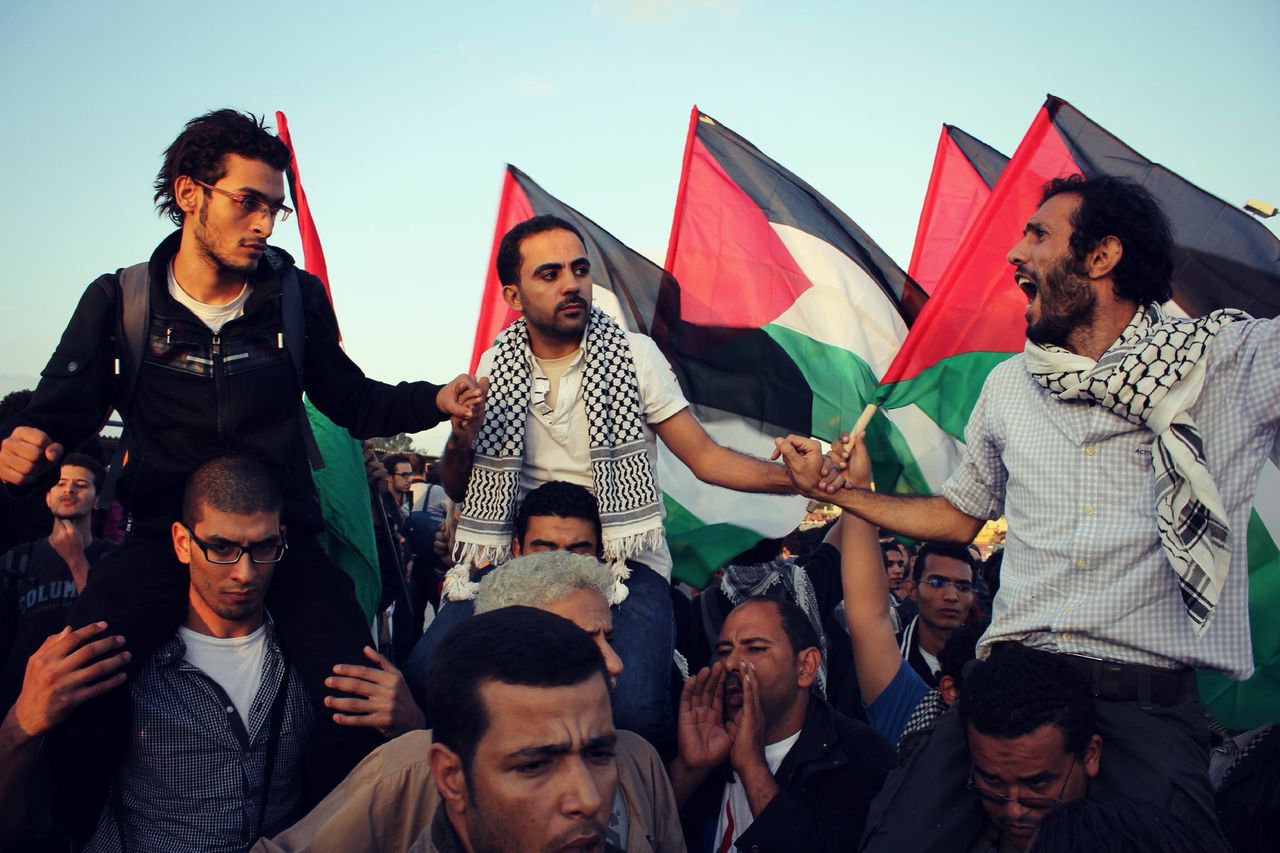To whom it may concern,
As a Jewish Israeli/Canadian student enrolled at Concordia University, I am deeply disheartened by the BDS resolution calling for a “boycott of all academic and consumer ties with any institution or company that aids in Israel’s occupation of Palestine.” I do not see the relevance of a University taking a stance against a country that has no bearing to the University’s existence, other than reaping from its resources, generous contributions and donations, as well as demographically speaking, constituting a decent fraction of the student population.
Having resided the last few years in Israel, and unlike most of the people submitting uneducated and false, propaganda-influenced accusations, I find it absolutely sickening to think that I could potentially be funding a University that is boycotting my homeland based on false pretenses. While studying at Bar Ilan University, which happens to not only be an Israeli University, but a religious Zionist one, I studied among Arab classmates. Freedom of Religion granted to them within a religious institution. The people ‘suffering under apartheid’ are practicing their religion freely in the most religious, Zionist campus in Israel, taking advantage of all the opportunities the country has to offer, as they should. While hospitalized at Tel Hashomer, one of the prestigious hospitals in Israel, I was treated by an Arab doctor…Where is the inequality and lack of opportunity that you intend on protesting?
Apartheid? Is an Apartheid state one that not only admits students regardless of their beliefs, but provides low cost dorms to Jews and Arabs alike, without discrimination? The Arab population of students attending Haifa University, is a whopping 30 per cent.
Having been taxed as part of the working force, some of my hard earned salary went to providing water & electricity to Gaza, despite the ongoing conflict. Nahariya’s Galil Hospital has treated nearly 400 people injured in civil war in the past few years. The people treated were not Israeli citizens. Israel is the only country in the Middle East that is Democratic. Arabs in Israel have equal voting rights and ironically, Israel is among the few places in the Middle East that allots Arab women the right to vote (they do not even hold such rights in most of the other Middle Eastern countries). There are eight Arab members in the Unicameral Parliament of Israel. Arabic, like Hebrew, is an official language of Israel. More than 300,000 Arab children attend Israeli schools.
A SodaStream factory located in the West Bank is closing due to Pro-Palestinian activists calling for a boycott, rendering 500 Palestinians, 450 Israel Arabs and 350 Israeli Jews unemployed. A 16:7 ratio of Arab to Israel workers somewhat contradicts the terms of an Apartheid.
With this being said, I find it rather distasteful that a University that has received a $5 Million donation from The Azrieli Foundation, as well as a $1 Million donation from Bronfman can even permit such a vote to be held within its institution, especially with the issue being so far from being connected at all. Azrieli also established the first endowed fellowship program for Concordia graduate students. Before calling for a boycott, one should do their research; we all benefit from Israel’s resources and achievements on a daily basis.
Israeli scientists are responsible for having developed the first fully computerized, no-radiation, diagnostic instrumentation for breast cancer. The cell phone was developed in Israel by Motorola, Voice Mail technology and the ‘Disk on Key’ was also developed in Israel. Rummikub, the third highest selling board game globally, is manufactured in the southern town of Arad, also in Israel. A design submitted by Michael Arad (Israeli-born) was chosen for the World Trade Center Memorial, commemorating the tragic loss our nation experienced at the hands of terrorism. A novel stem cell therapy treatment to Parkinson’s Disease was developed by Israeli researches, the treatment uses a patient’s own bone marrow stem cells to produce the missing chemical that enables restoration of motor movement. Israel is always among the first to send out IDF soldiers and medics to assist in any natural disaster, or medical epidemic.
Throwing around allegations of Apartheid is not only irrelevant, but also quite offensive to those living in apartheid (eg; South Africa). These are facts, not opinions. The accusation of Israel being an Apartheid country is an opinion, not a fact.
If you are going to call for a boycott, you cannot pick and choose your stance. If you call for a boycott, you have no right to benefit from the country’s achievements, or accept financial donations. You cannot boycott Israel and continue to benefit from its resources. The Concordia Student Union has no right to be taking a stance on something far beyond their understanding, with absolutely no bearing on its existence whatsoever. There is no place for hostility in a place that once provided us comfort and equality. We should be focusing on our common goal; a higher education.
-Ayelet Bender
